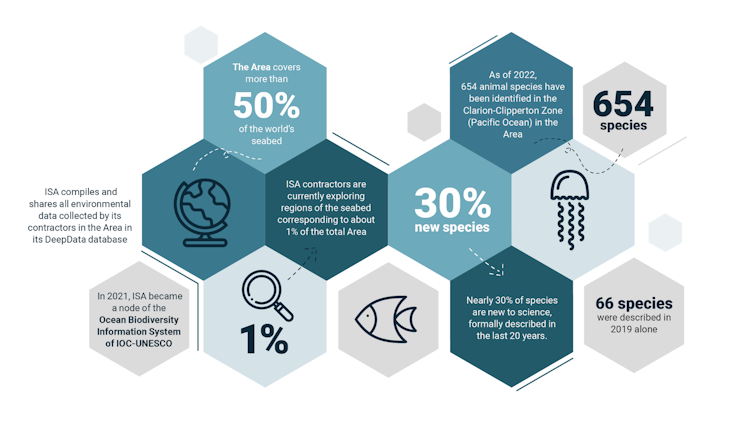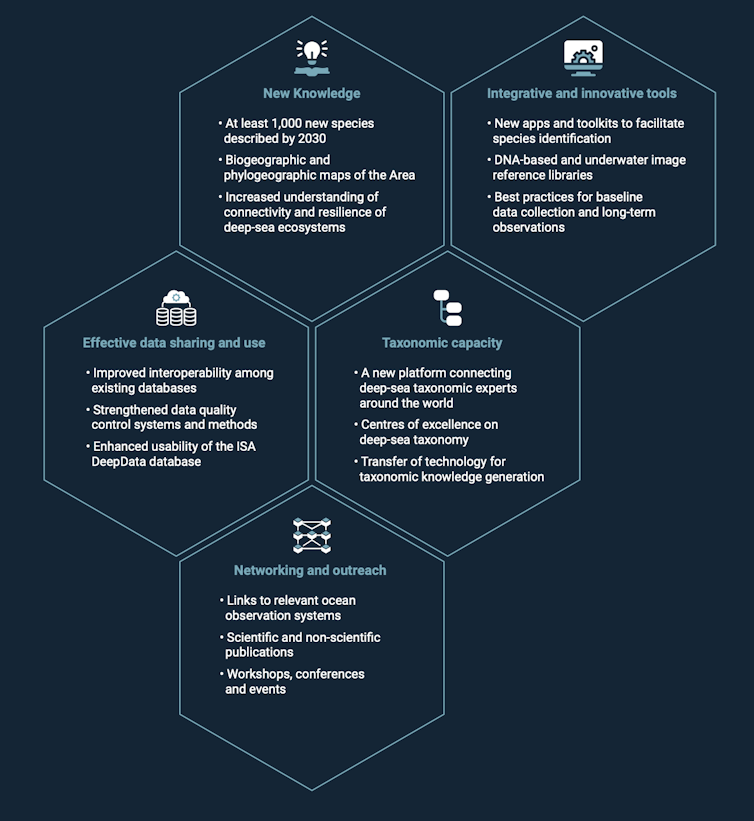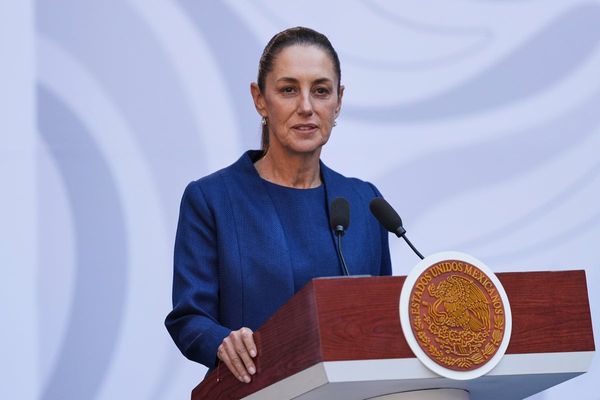Oceans cover 71% of the Earth’s surface, but despite their immense size and impact on the planet, we know very little about them. While many of us might associate the sea with relaxing holidays on tropical beaches, the ocean is nothing but cold, dark and monotonous for most of the creatures that inhabit it.
The average depth of the ocean is 3.5km (the equivalent of crossing San Francisco’s Golden Gate bridge twice). Sunlight only penetrates up to 200 metres in crystal clear waters, and much less in murkier conditions. Beyond this depth, the world as terrestrial creatures know it ceases to exist, and life develops in total darkness. Welcome to the deep sea, the world’s largest ecosystem.
Deep, dark, and practically unknown
As well as being dark and massive, the deep sea is extremely difficult for humans to access, meaning it has remained almost completely unexplored. We don’t know about the majority of its life forms, nor the processes that take place there. In many cases, we don’t even know its depth with any certainty.
Despite this lack of information, the deep sea has caught the attention of global powers in recent years, mainly due to its abundance of natural resources that may one day become scarce on dry land, such as nickel and manganese.
The International Seabed Authority (ISA) was established in 1994 to regulate extraction of these resources, and to protect this environment in international waters – over 12 nautical miles from any country’s coast, the sea belongs to no one, and to everyone.
54% of the sea belongs to everyone
Based in Jamaica, the ISA is the organisation through which the states that signed the United Nations Convention on the Law of the Sea (UNCLOS) organise and control mineral-related activities in international waters for the benefit of all mankind.
This is not a straightforward task. The ISA has 170 members – 169 Member States and the European Union – and is responsible for no less than 54% of the area of the world’s oceans.
Moreover, international waters and their resources are counted as part of the common heritage of humanity, the same as the moon and any resources found there.

Searching for new species
One well-known 2012 study estimated that we have discovered approximately 200,000 marine species – around 24-34% of the total.
However, knowledge is not the uniform across all of the sea. Coastal and shallow waters have been much more thoroughly studied than the deep sea, and waters in the Northern Hemisphere are much better known than those in the Southern Hemisphere. For some areas, and for many types of fauna and flora, there are not even reliable estimates.
This lack of knowledge surrounding marine biodiversity in the deep sea – and its possible exploitation by mining interests – led the ISA to launch the Sustainable Seabed Knowledge Initiative (SSKI) in 2022.
This programme includes an unprecedented initiative within marine biology: the clear and ambitious goal of describing 1,000 new marine species in international waters by 2030.
SSKI projects and mud dragons
Describing these species will broaden knowledge of life on the seabed, and will help to understand and manage the possible impacts of human activity in deep sea ecosystems.

Following its first call in 2023, the response from the scientific community was overwhelmingly positive – 67 proposals were submitted from all over the world. Of these projects, nine were funded, dealing with the description of animal groups as varied as sharks, starfish and meiofauna. The last of these are very small animals studied by our research team at the Complutense University of Madrid.
The Spanish project focuses on the description of two phylum species (the most basic and broadest classification in the animal kingdom): kinorhyncha, or mud dragons, and the loricifera. These are two little-known categories with a very small number of experts dedicated to their study worldwide, so the potential for discovering new species is enormous.
This project hopes to describe up to eight new species from various areas of the deep ocean, from the Pacific Ocean to the Antarctic.
Why taxonomy matters for conservation
Taxonomy orders and classifies biological diversity, and it is one of the oldest and most basic scientific disciplines in existence. Despite this – or perhaps because of it – it has fewer and fewer people involved, and less and less support.
However, the description and classification of species is a funamental pillar for other disciplines with much broader social and economic implications, such as ecology and conservation. You cannot conserve without knowing what you are going to conserve, nor can you measure something’s impact without knowing what is affected by it.
It is our hope that these 1,000 new marine species will be a step forward, both for deep ocean conservation and for public and scientific interest in taxonomy.
Alberto González Casarrubios has a predoctoral contract financed by the Community of Madrid (PIPF-2023). The research described in this article has been supported by the International Seabed Authority’s Sustainable Seabed Knowledge Initiative: One Thousand Reasons Campaign (co-financed by the European Maritime, Fisheries and Aquaculture Fund, Project 101071214 - SSKI-I - EMFAF-2021-ISA-SSKI-IBA).
Nuria Sánchez no recibe salario, ni ejerce labores de consultoría, ni posee acciones, ni recibe financiación de ninguna compañía u organización que pueda obtener beneficio de este artículo, y ha declarado carecer de vínculos relevantes más allá del cargo académico citado.
This article was originally published on The Conversation. Read the original article.







